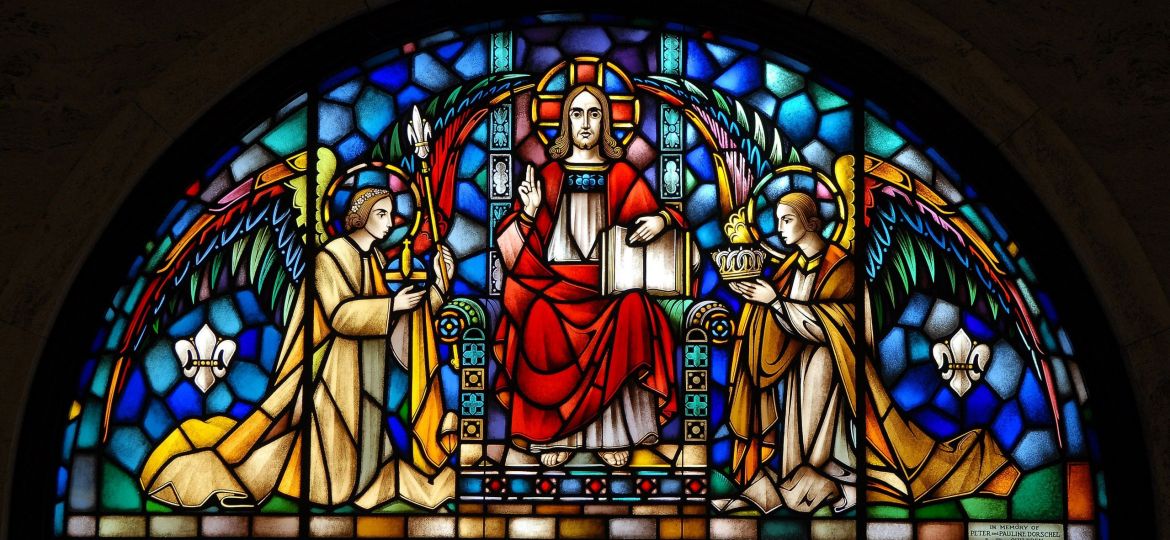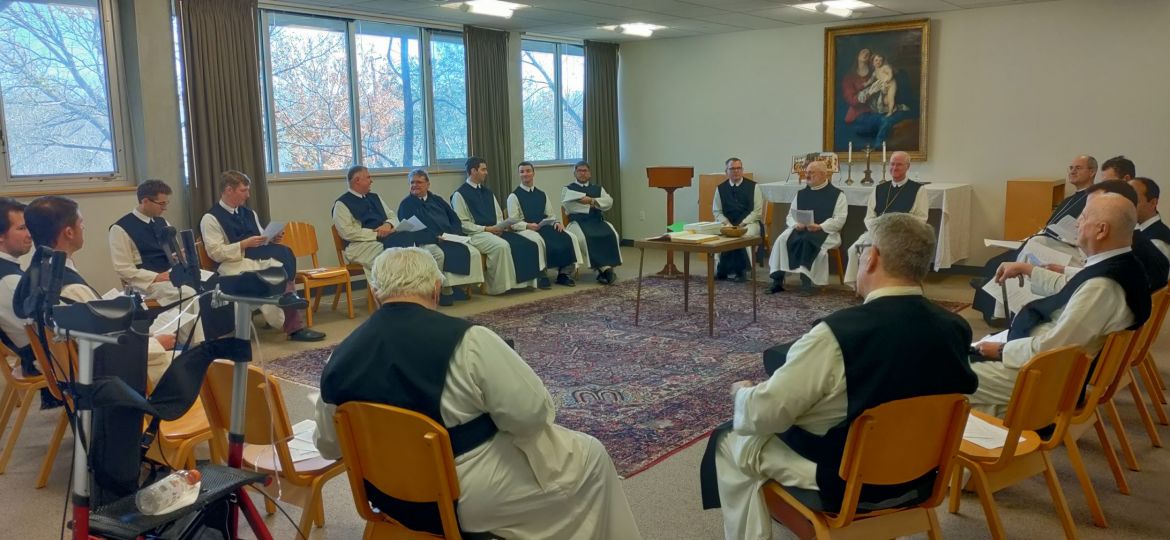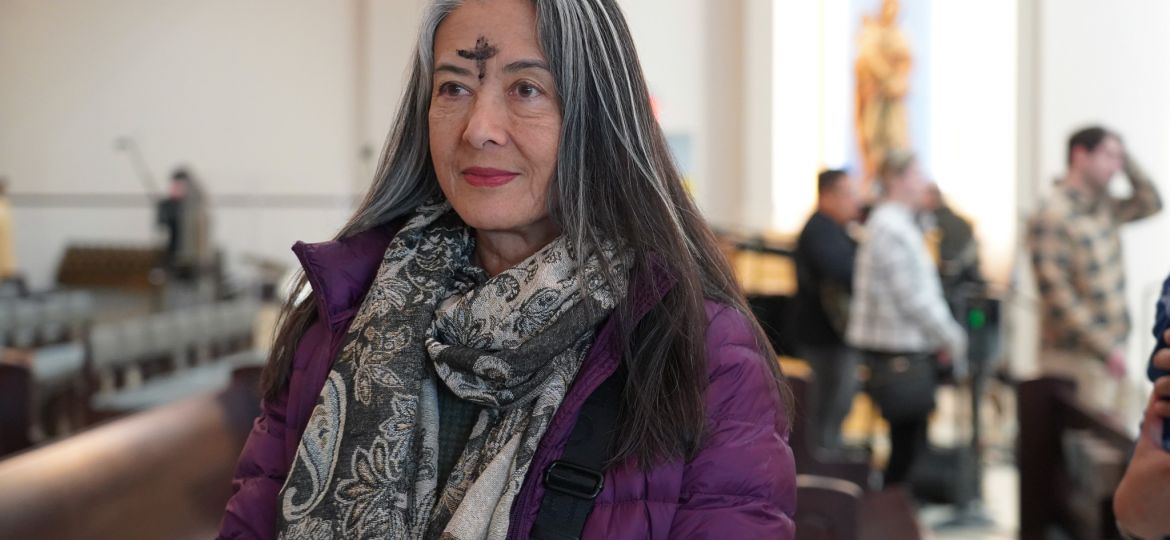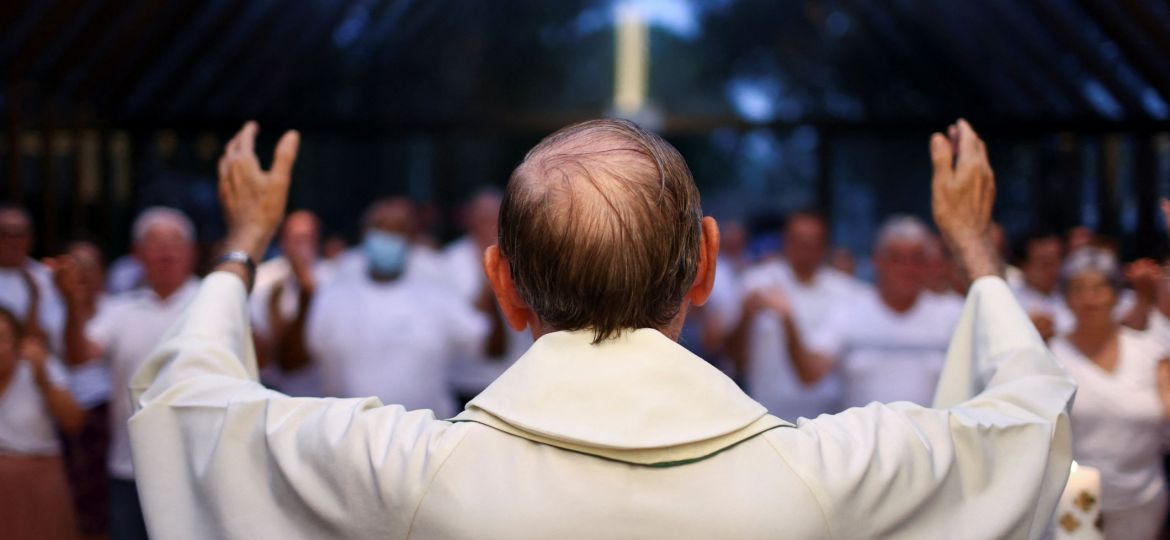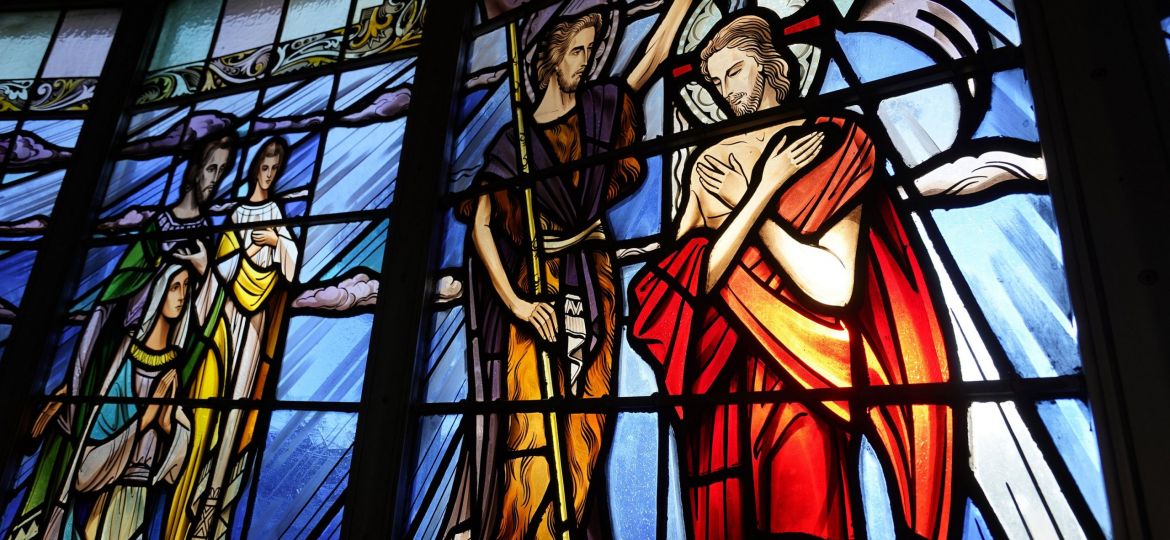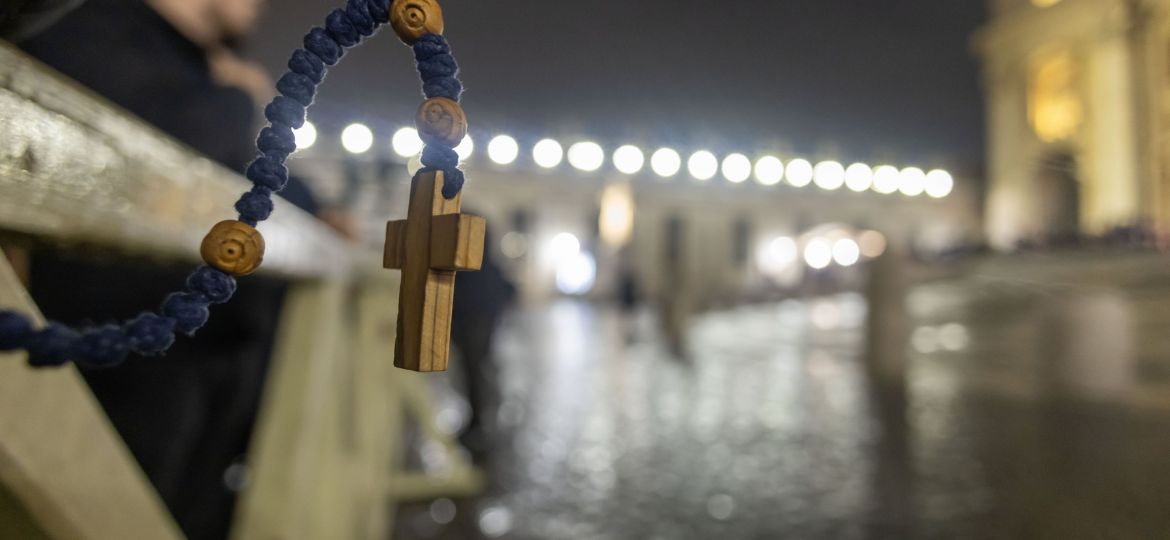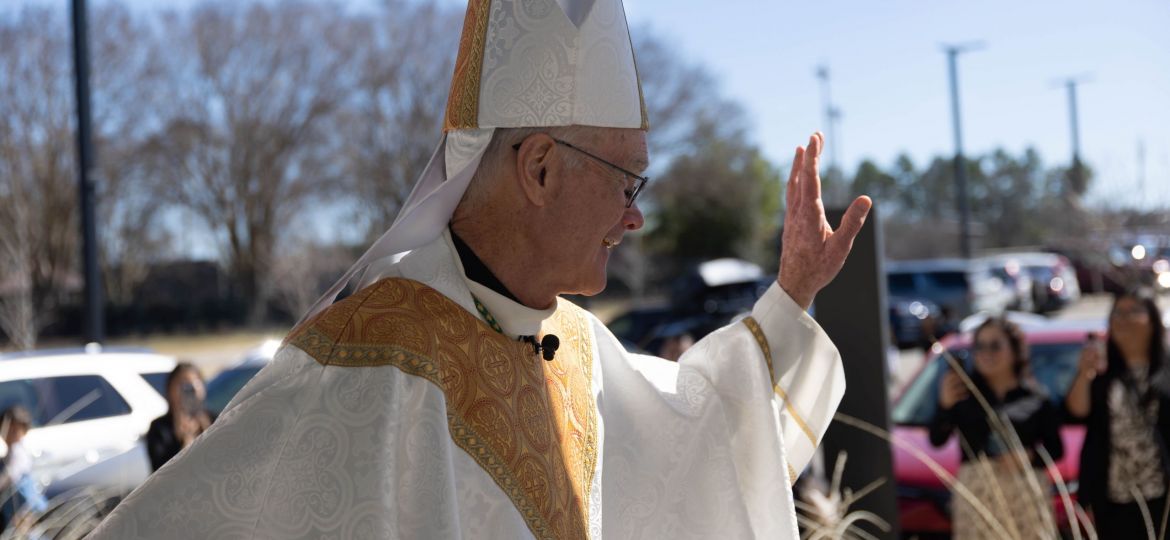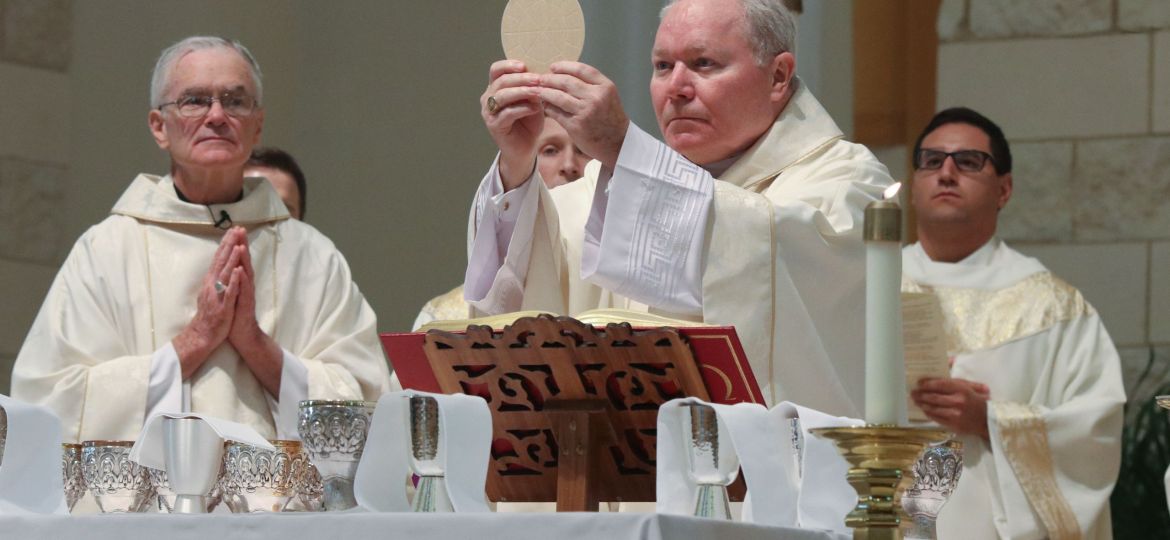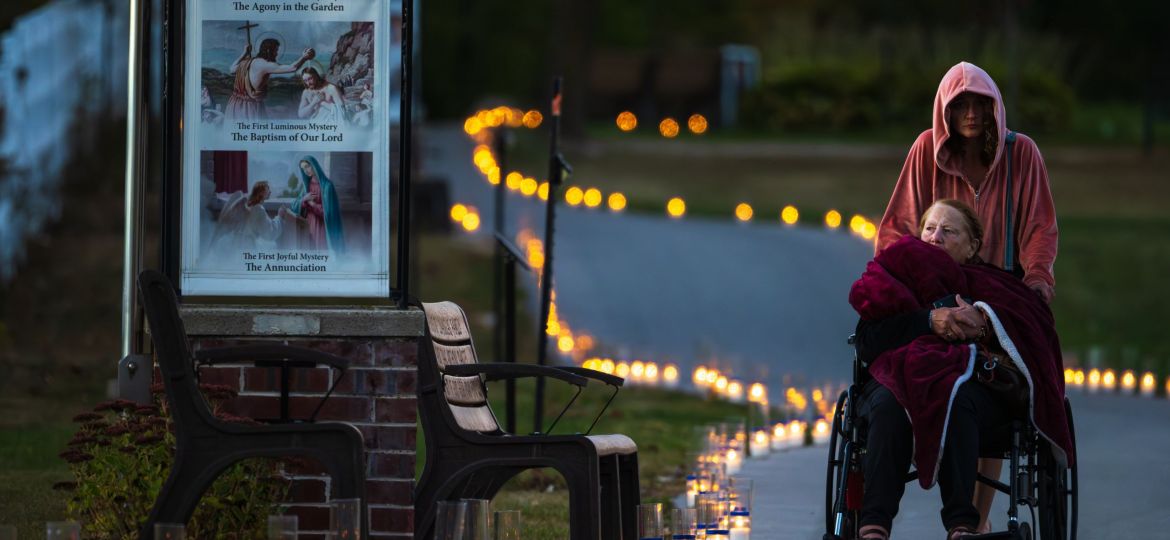The current object of my loving mystification is “Thy kingdom come.” In an effort to be slightly less intimidated by this vast and marvelous petition, I will arrange my musings as responses to the time-honored journalistic questions.
One of the most important rooms in a monastery, after the church, is the chapter room. This is the place where monks meet to do various things as a community: hear an exhortation from their abbot; listen to a spiritual reading (often a chapter from “The Rule of St. Benedict”); deliberate and vote on the important material and spiritual questions that arise in a monastery, such as who should be the abbot, whether to welcome a young monk as a permanent member of the community through solemn profession, and how best to structure their lives to promote God’s purpose.
Our words, whether spoken or written, wield immense power. They can build up or tear down, encourage or discourage, bless or curse.
This Lent, God calls upon us to once again grow in our prayer, fasting, and charity.
Jesus poses a problem when He instructs us to pray to the Father with the words “hallowed be Thy name” (Matthew 6:9). Many Psalms exhort the faithful to praise or call upon the name of the LORD (Psalm 113:1; 116:13; 148:13), and others assert that “Our help is in the name of the LORD” (Psalm 124:8). But how can human beings hallow — that is, make holy — the name of the LORD (in Hebrew, YHWH), Who is already, always, and automatically holy, utterly beyond our ability to add to or subtract from, to influence or change?
The death of John the Baptist is a chilling story for multiple reasons. It is a story about the fury of Herodias, who hated John so much for speaking the truth about marriage that she manipulated Herod, her would-be husband, into murdering him. It is also a story about the weakness of Herod, who just waited too long to do what he knew was right – to the point that doing the right thing required a sacrifice he felt incapable of making.
Life often brings us moments that remind us that we are not in control. Whether we are facing financial struggles, health crises, or an uncertain future, we sometimes reach a point where our own efforts are no longer enough. In these moments, we encounter one of the hardest, and yet most transformative, decisions: to trust God completely.
I have lived in the Diocese of Dallas most of my life since coming to Holy Trinity Seminary as a junior in college in August 1976 when I was 20 years old. When I walked through the doors of the seminary, I knew that I wanted to stay, that I had to stay, that this was where I belonged.
The Gospel reminds us that the Good Shepherd knows His sheep, and they know Him, and He calls them by name to lead them where they are needed most (John 10:14-16). In the same way, we trust in God’s providence as He now calls Bishop Greg Kelly to shepherd a new flock in east Texas.
For this Jubilee Year, the Church has been given a beautiful, multilingual hymn entitled Pilgrims of Hope. If you participate in any Jubilee events, whether local or international, you will no doubt hear the uplifting melody and inspiring lyrics of this hymn.

